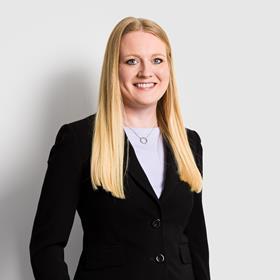Housing secretary Michael Gove recently announced the government’s intention to abolish the “outdated feudal” leasehold system of residential property ownership on the basis that it is “unfair”. He declared: “In crude terms, if you buy a flat, that should be yours.”


Gove’s emotive language fails to acknowledge the rationale for leasehold ownership or recognise that some of the charges that owners find objectionable are an inevitable consequence of multi-owner buildings.
Gove acknowledged that any change to the residential leasehold system will not be without its challenges, but we have been here before. In 2002, the Commonhold and Leasehold Reform Act introduced a new commonhold form of land ownership.
So, why has there been so little take-up from the market on commonhold? The process of transferring existing developments from leasehold to commonhold is cumbersome, but since 2002, countless residential developments have been built and sold on a leasehold rather than a commonhold basis.
The government has been trying to improve take-up by announcing the inception of a Commonhold Council to help homeowners, property managers and lenders familiarise themselves with the structure and responsibilities. Gove’s aims would be best served by activating this initiative rather than starting afresh.
In prohibiting ground rents for most new leases, the government has already neutralised one freeholder advantage of the current leasehold system. However, no system is going to magic away two features of multi-unit ownership: that buildings degrade and require expensive repairs; and managing the competing desires of many owners requires time-consuming, expert management.
Moreover, if feudal leases are truly to be scrapped, who is going to compensate the freeholders of existing feudal leases for the value they will lose as a result of Gove’s reforms? Legislation by the end of the year seems a tall order.
Kirsty Corkum is a partner & Emily Marriott is an associate at law firm Fladgate
































1 Readers' comment